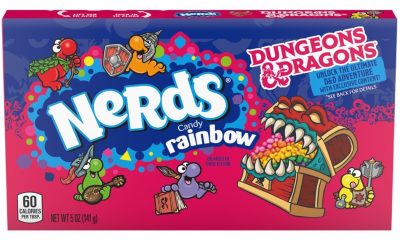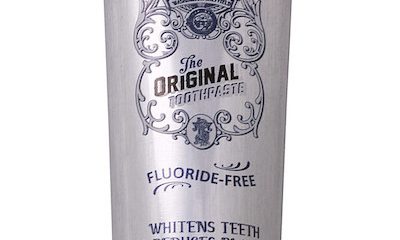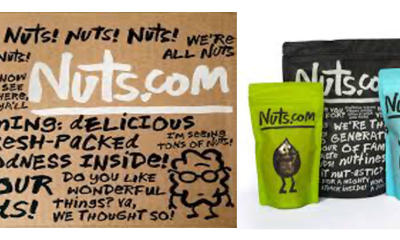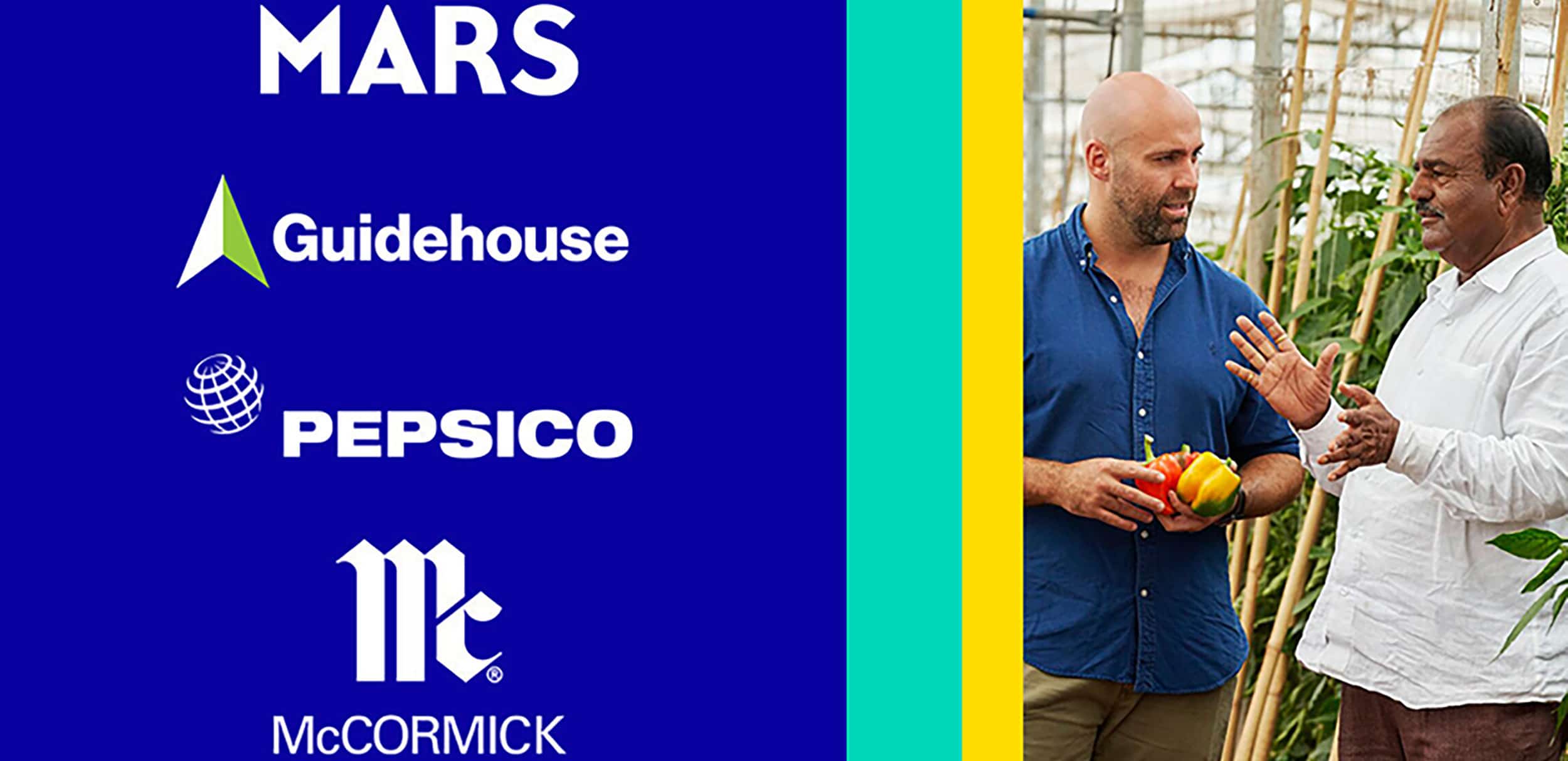
Mars Launches Climate Action Coalition
Leading CPGs form coalition to ignite change across supplier networks.
Published
3 years agoon
UNDERSTANDING THAT COLLABORATION with its suppliers is essential to achieving its sustainability goals, Mars Inc. has formed a coalition in partnership with sustainability consultancy Guidehouse. The Supplier Leadership on Climate Transition (Supplier LoCT) aims to mobilize suppliers on climate action. The partnership aims to drive industry-wide movement by providing suppliers with the knowledge, resources and tools to develop their own climate plans to reduce their impact on the planet.
Mars is a founding partner of Supplier LoCT, with global businesses PepsiCo and McCormick also joining and enrolling suppliers to take part.
Britt Harter, Guidehouse’s sustainability lead and partner in the firm’s energy, sustainability and infrastructure segment, adds: “While organizations across the world have made bold commitments to science-based climate reductions, most are struggling to deliver progress, and the clock is ticking. We have joined forces with Mars, McCormick and PepsiCo to demonstrate our combined leadership and go beyond target setting to drive real action.”
Barry Parkin, chief procurement and sustainability officer at Mars, concludes, “As the world looks to rebuild from the pandemic, this will be a critical year in altering the trajectory of climate change. It’s never been more vital for global businesses and their suppliers to come together and protect the health of our planet.”
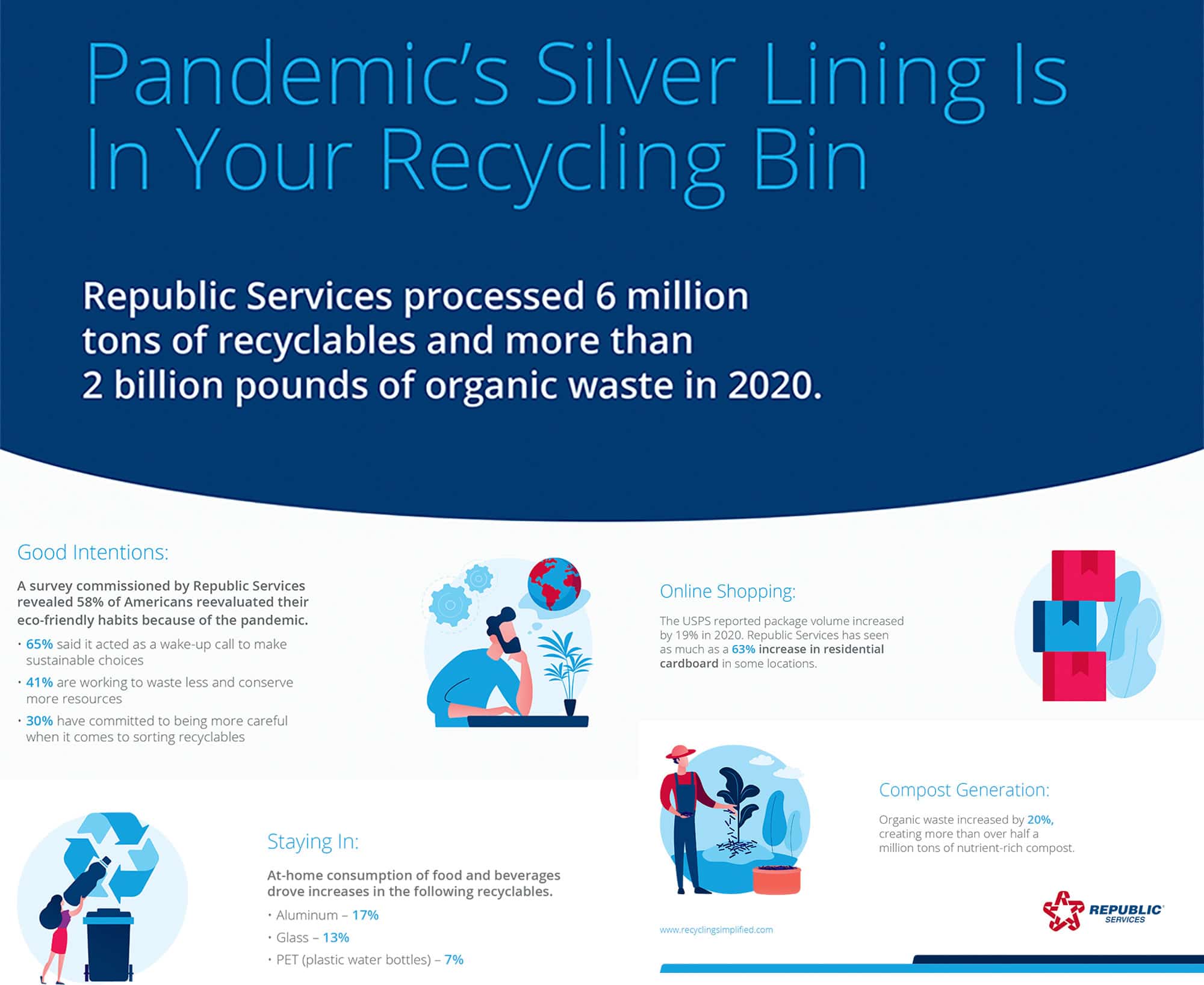
Consumer Recycling Up During Pandemic
Data from U.S. Environmental services company Republic Services shows significant increases in the recycling of cardboard boxes, aluminum cans, and plastic and glass bottles during the pandemic.
AdvertisementSince the beginning of the pandemic, online shopping has risen to new heights — and those cardboard boxes have shown up in recycling bins, with a 63% increase in residential cardboard in some markets. Households have been consuming more food and beverages at home, resulting in significant increases in recycled aluminum (17%), glass (13%) and plastic bottles (7%). All of these high-demand materials can be put back into the circular economy.
“The pandemic’s effects were clearly seen in home recycling bins,” says Pete Keller, v.p. of recycling and sustainability, Republic Services. “We know that Americans are willing to recycle and are becoming more aware of their impact on the environment.”
Connecting with Gen Z’s Essential Needs
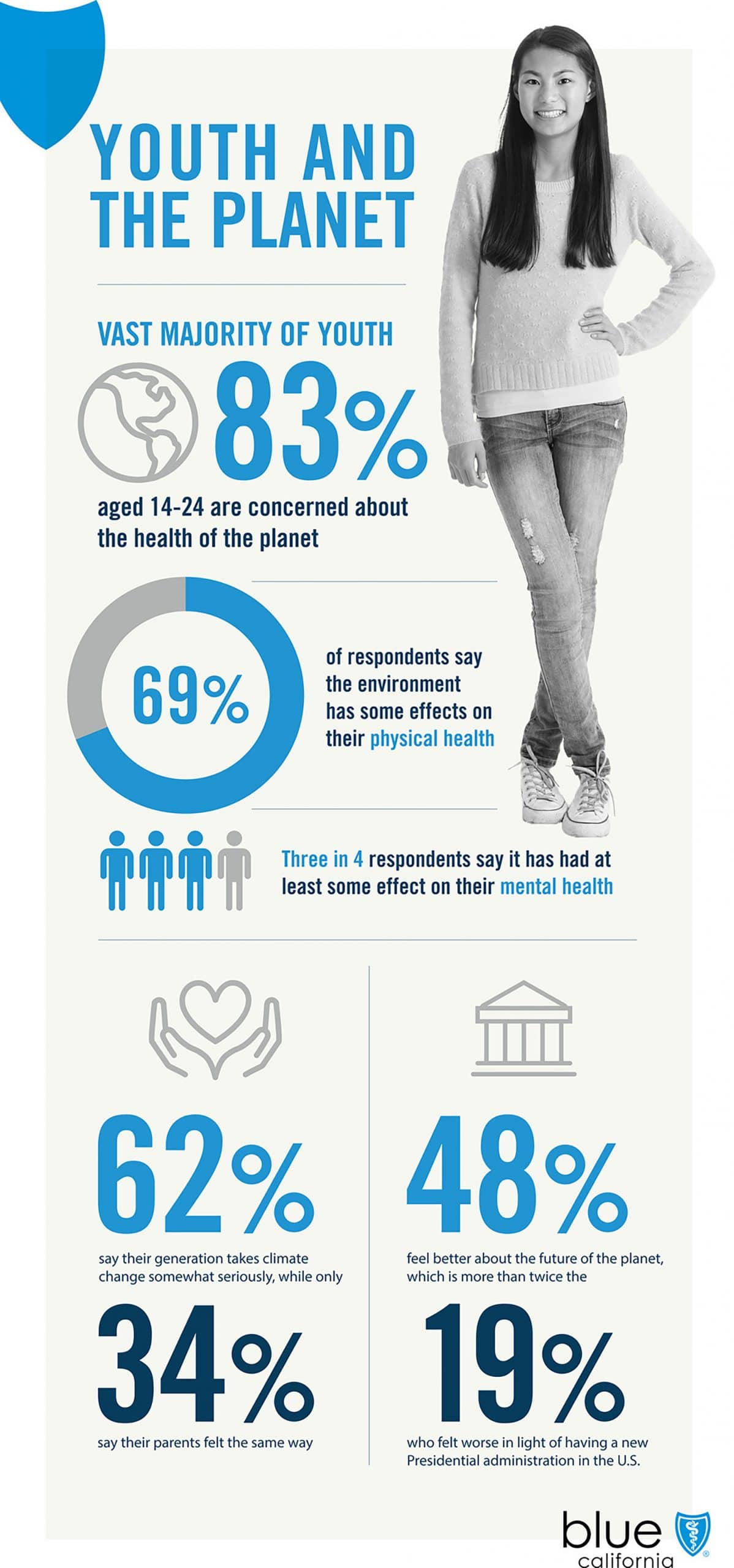
Marketers and brand design leaders are looking to the maturing Gen Z market and wondering how to capture its interest and fulfill its needs. The generation has spoken, and their needs start with the environment.
More than eight out of 10 (83 %) Gen Z youth are concerned about the health of the planet according to the NextGen Climate Survey, released today by Blue Shield of California. A majority of respondents also say their environment affects their physical health (69%) and their mental health (75%). More than half of the survey respondents (56%) cited plastic pollution as a top concern. Other issues that concerned Gen Z youth include water pollution (59%) and the planet running out of resources (54%). The poll conducted in March 2021, included 1,200 respondents, aged 14 to 24, from across the U.S.
Stoli Appoints Global Sustainability Leader
Stoli Group, a leading global ultra-premium spirits and wines company, announced the addition of Elisa Whitehouse as Global Sustainability Leader. Based in Luxembourg, Whitehouse will work with international teams to drive Stoli’s vision of full sustainability by 2025. This complete transformation will build on a multi-layered, pragmatic approach to purpose-lead change both internally and externally.
“Stoli is fully committed to growing in a responsible, sustainable way. There is a tremendous opportunity for smart, nimble organizations to innovate and commit to a future of which we can all be proud,” comments Damian McKinney, global CEO of Stoli Group. “Whitehouse brings the passion, know-how and ability to execute innovative strategies. We could not be more thrilled that she will play this critical role advising us as we embark on this journey.”
AdvertisementPreviously, Whitehouse worked with numerous international organizations driving sustainability efforts, including the Inter-American Development Bank’s energy division, where she designed, administered and monitored energy sector-related operations; and with the Pan American Health Organization as communications specialist on the world’s first Climate Smart Healthcare Project. Prior to that, Whitehouse worked for the United Nations Industrial Development Organization, The European Union and the Luxembourgish Foreign Ministry in the areas of international trade facilitation, quality policy development and humanitarian assistance.
To achieve environmental sustainability by 2025, Stoli is committed to reducing carbon emissions across the entire value chain. Immediate plans include switching to 100% Electric Vehicle fleets, producing all secondary packaging from renewable materials, ensuring Eco Design Standards are built into every innovation and design, and promoting sustainable agriculture from grain to bottle. At the same time, commitments to gender equality, diversity and inclusion will ensure Stoli maximizes social sustainability performance.
“Stoli will become a B Corporation, a certification recognized as meeting the highest standard measuring social and environmental performance,” explains Whitehouse. “We will use the power of business to contribute toward solving social and environmental problems while ensuring decisions are made carefully and responsibly in consideration of workers, customers, suppliers, the community and our environment.”
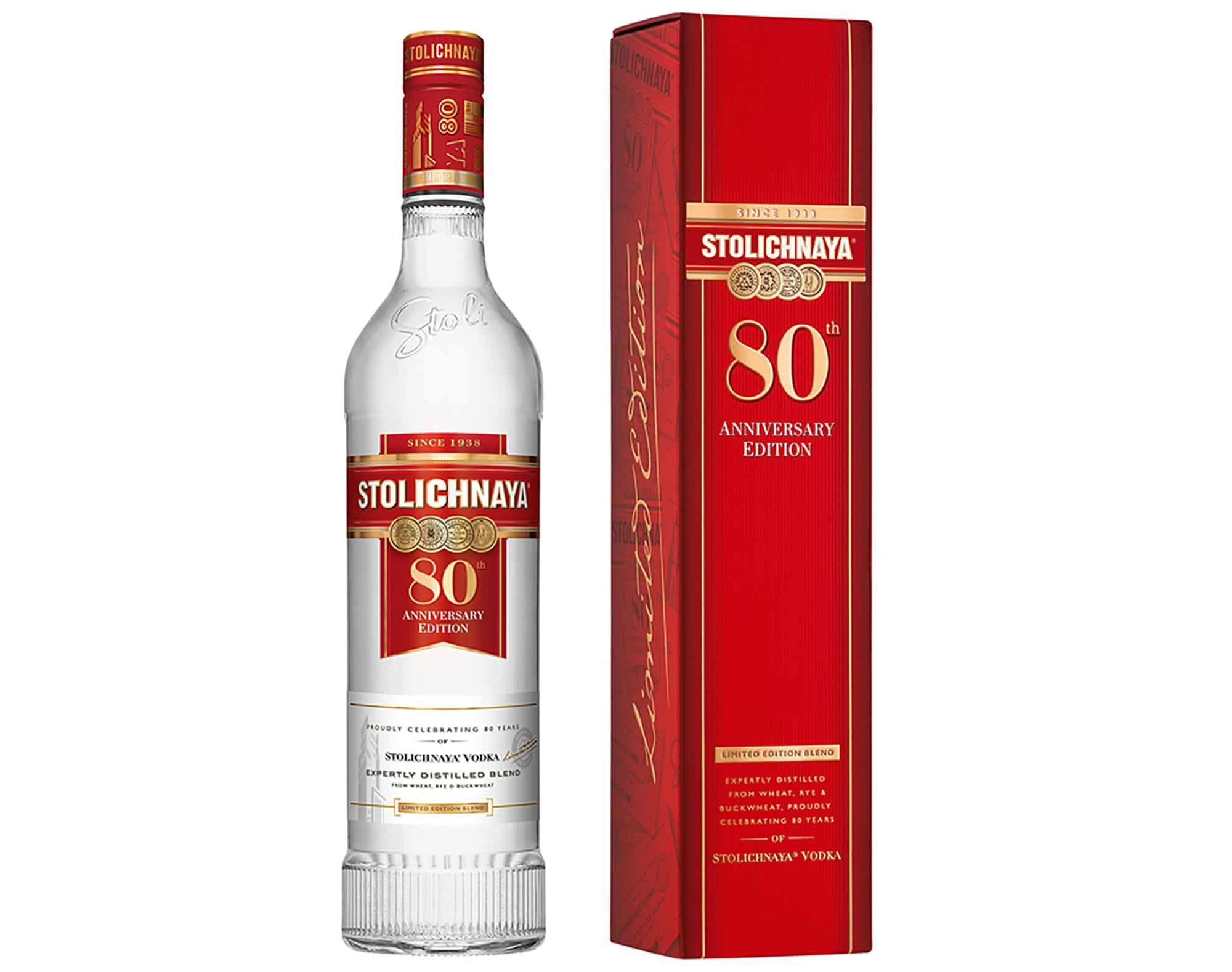
Stoli Vodka 80th anniversary vodka featured a variation of the traditional Stolichnaya recipe, a limited edition bottle and a decorative gift box.
Johnnie Walker’s Biggest Eco Push
Johnnie Walker’s The Next Steps initiative is its most ambitious sustainability drive to date and part of the brand’s ongoing efforts to reduce its environmental footprint, restore natural landscapes and reinvent how its whisky is made, distributed and enjoyed in every corner of the world. The initiative is a wide-ranging action plan that will see the whisky maker keep walking to become more sustainable by design from “grain to glass.” Its series of environmental commitments which, by 2030, are:
- 100% of Johnnie Walker whisky production is net-zero carbon
- 100% of Johnnie Walker distilleries harness renewable energy
- All packaging will be recyclable, reusable or compostable
- Investment in projects to restore peatland and plant and protect trees in Scotland
- A reinvention of the drinking experience to be more sustainable, and brand engagement with people around the world on the importance of “sustainable socializing”
“Johnnie Walker is built on a legacy of making positive, progressive choices—our own ‘Keep Walking’ mantra is shaped by that thinking,” says Julie Bramham, Johnnie Walker global brand director. “When we look at the world around us, it’s clear that we all have a role to play in protecting the planet and its resources. We can either see what’s happening and choose to do nothing or we can keep walking, taking every step we can to reduce our impact. We believe there is only one choice to make.”
AdvertisementA revolutionary bar experience is being created in partnership with multi-award-winning drinks pioneer Ryan Chetiyawardana (Mr. Lyan Studio); CEO of Package Free and zero-waste champion Lauren Singer; and The World’s Most Rubbish (a global community dedicated to making single-use a thing of the past). The inventive bar experience will premiere later this year
before rolling out globally across multiple markets.
Chetiyawardana notes, “Sustainability needs commitment and bold steps–alongside the little, everyday ones–so I’m so proud to be working in partnership with Johnnie Walker as they seek to make proper inroads into addressing this evolving topic with a real and genuine ambition to make a difference. It’s been incredible to see them focused on revolutionizing their approach to drink, events and experiences, and helping support big-scale change.”

The Johnnie Walker Next Steps initiative is the whisky-maker’s biggest ever sustainability push.
Johnnie Walker is also committing to:
- Reduce its environmental impact by increasing the recycled content in all its packaging material: including a minimum of 60% recycled glass in its core range bottles by 2025, which the brand predicts will use 13,000 fewer metric tons of carbon every year; 100% of the plastic used in its packaging will also be made from recycled content.
- Make its glass bottles up to 25% lighter.
- Ensure all packaging material, including secondary packaging such as gift boxes, will be recyclable, reusable or compostable by 2030. The brand predicts that all of its actions to reduce its packaging will reduce its carbon footprint by 15%, which the brand says is equivalent to 4,200 return flights from Edinburgh to Sydney.
- Ensure that by 2030, the production of Johnnie Walker will use 20% less water. This annual saving could be equivalent to 76 Olympic-sized swimming pools.
“Over the next few years, the choices we make and the actions we take will make a tangible difference to the environment,” says Bramham. “But more than that, we want to do what we can to help give people all around the world the chance to make simple, more sustainable choices themselves and, in doing so, play their own part in building a better future. None of us can change things entirely by ourselves, but the collective effort of millions of people pushing in the same direction can make a real, lasting difference.”

BXP elevates the value of innovative and collaborative brand package design as a strategic business competence across the omni-channel path to purchase, to ultimately help consumer facing and retail brands deliver more relevant experiences that connect with shoppers, win at shelf, own the moment of sale and maximize brand loyalty.
SPONSORED VIDEO
Branding with Ferocity – Thinking Like an Indie Brand
Get a better understanding on how to leverage new technologies to engage and delight shoppers, sustainability’s role in product and package design – being sustainable and premium are not mutually exclusive, plus best practices and tips for collaboration and how to launch new products and refresh existing product line-ups and brands.
You may like
Advertisement
Subscribe

BULLETINS
Get the most important news and business
ideas from BXP Magazine's news bulletin.
Advertisement


